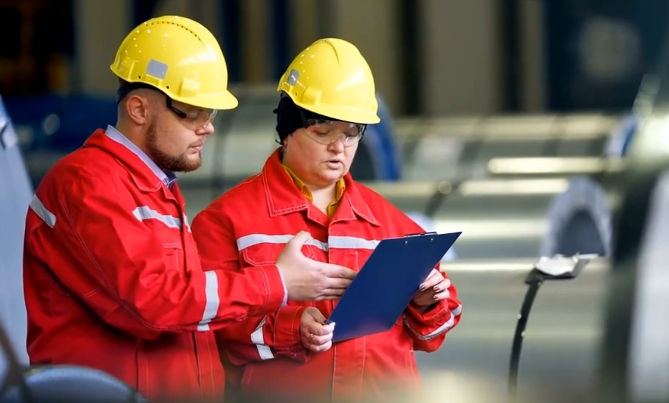1. Planning
Planning is the primary function of any economic management work, a common feature of all modern large - scale production, a guide for various tasks, and an important tool for mobilizing and organizing enterprise employees to produce products that meet customer needs.
The planning function of workshop management first involves formulating the overall activity goals and various technical and economic indicators for the workshop. This enables each process and even each employee to have clear goals, coordinates all production links, and combines human, financial, and material resources to form a complete production system.
With a plan, there is a direction and goal for action; with a plan, there is a basis for checking and improving work; with a plan, there is a measure for evaluating the work achievements of each unit and each employee.
The workshop does not participate in off - site business activities. The basis for the workshop to formulate plans is the plans issued by the enterprise and the actual resource situation of the workshop. In addition to formulating annual production, operation, and target policies, the workshop mainly formulates production operation plans, quality and cost control plans, and equipment maintenance plans on a quarterly, monthly, daily, and hourly basis.
2. Organization and Command
Organization and command are indispensable prerequisites for performing other management functions and are important steps in fulfilling the workshop plan, ensuring production, maintaining balanced development, and making adjustments.
The functions of workshop organization and command are as follows:
- Firstly, establish a sound management organization and operation organization according to the workshop's goals, such as setting up management institutions, selecting and assigning management personnel, and organizing and allocating the labor force.
- Secondly, through organizations and systems, use leadership skills to arrange, dispatch, guide, and supervise work teams and employees, so that their activities move towards the established goals and maintain coordinated actions among them.
3. Supervision and Control
Supervision refers to the management activity of inspecting and urging the implementation of various management systems, the execution of plans, and the implementation of superior instructions to ensure their realization. Control refers to the management activity of comparing the actual execution situation with the established goals, plans, and standards during the process of implementing plans and conducting various production and business activities, identifying the gaps, finding out the reasons, and taking measures.
4. Production Service
Since the workshop is the unit directly responsible for organizing production, production service is a very necessary function of workshop management.
The content of production service includes:
- Technical guidance: During the production process, regularly assist employees in solving technical problems, including process improvement, equipment transformation, and innovation.
- Use and maintenance services for workshop equipment.
- Material and power services.
- Assist work teams in coordinating and communicating with units outside the workshop.
- Life - related services.
5. Morale Motivation
The performance of an enterprise largely depends on the morale of employees in the workshop production site. Under certain conditions, people are the decisive factor, and the workshop has the direct responsibility to motivate employees' morale.
Motivating morale means using various methods to arouse employees' enthusiasm and creativity, widely involving employees in management activities, giving full play to their experience and knowledge, fully tapping their potential, improving work efficiency, and ensuring the completion of workshop tasks.
All functions of workshop management are interrelated and mutually reinforcing. The workshop director, deputy directors, section chiefs, team leaders, and workshop functional personnel are responsible for fulfilling these functions.






 Customer service 1
Customer service 1  Customer service 2
Customer service 2